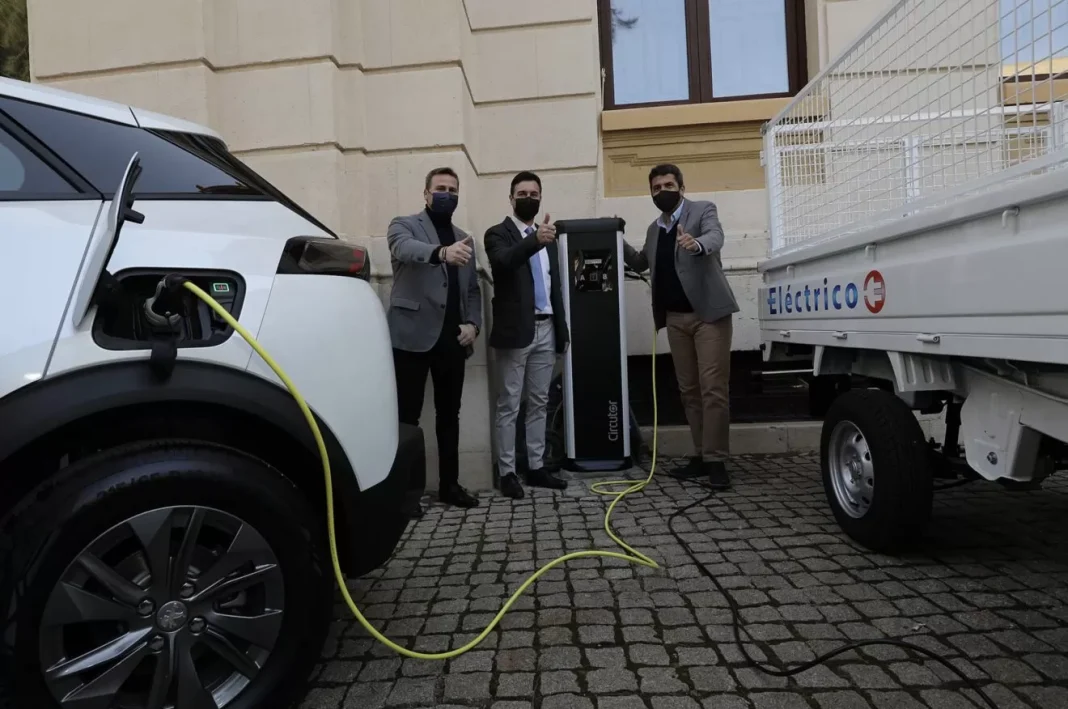With growing concerns over climate change and the number of diesel claims mounting, electric cars have emerged as a promising solution to reduce carbon emissions in the transportation sector. However, as with any new technology, there are questions about its true environmental impact. One of the most hotly debated questions is whether electric cars are better for the environment than their petrol or diesel counterparts.
What Are Electric Cars?
Electric vehicles (EVs) are powered by electricity stored in a battery rather than gasoline or diesel fuel. They come in different types, including battery-electric vehicles (BEVs) that run solely on electricity and plug-in hybrid electric vehicles (PHEVs) with both an electric motor and a petrol or diesel engine.
BEVs use an electric drivetrain to convert battery power into forward motion, while PHEVs can switch between electric and gas power modes.
Benefits of Electric Cars for the Environment
The most significant benefit of electric vehicles is that they produce zero emissions or air pollutants when driving. This means that EVs have no tailpipe emissions of nitrogen oxides (NOx), fine particulate matter (PM), and carbon monoxide (CO), which contribute to air pollution and respiratory illnesses.
However, this is only true in some cases. The emissions produced by electric cars depend on how the electricity used to power them is generated. If the electricity is generated through renewable sources like wind, hydro, or solar, then electric cars are indeed cleaner.
However, if the electricity is produced from non-renewable sources like coal or natural gas, the emissions may not be significantly lower than that of petrol or diesel cars. Additionally, producing the batteries used in electric vehicles still requires significant amounts of fossil-fuel-based energy, resulting in emissions that need to be considered. Furthermore, electric cars still produce emissions through the wear and tear of tires and brakes and their production process.
Electric vehicles also have lower carbon emissions than petrol or diesel vehicles when accounting for their entire life cycle. According to a report by the International Council on Clean Transportation (ICCT), electric vehicles reduce greenhouse gas emissions by an average of around 60% compared to conventional cars over their lifetime. The savings are even higher in countries with a cleaner electricity generation mix, such as Norway and Sweden.
Another environmental benefit of electric vehicles is their potential to reduce noise pollution. EVs are much quieter than internal combustion engine (ICE) vehicles, which produce noise from their exhaust, engine, and transmission systems. Less noise pollution can improve the quality of life in urban areas and benefit wildlife habitats.
The Challenges of Electric Car Adoption
While electric cars have the potential to be better for the environment, there are still significant challenges that must be overcome for widespread adoption. One major issue is the lack of infrastructure to support electric car charging. Electric car charging stations are still not as widely available as petrol stations, and it can be difficult for electric car owners to find places to charge their vehicles while out and about.
Another challenge is the prohibitive cost of electric cars compared to traditional cars. While the prices of electric cars have gone down in recent years, they remain more expensive than petrol or diesel vehicles. In addition, the range of electric cars still needs to be better than traditional cars. While some electric cars can travel up to 200 or 300 miles on a single charge, the range is still limited compared to petrol or diesel cars, which can travel up to 600 miles without refuelling.
Electric cars rely on lithium-ion batteries to store and discharge energy. Recycling batteries reduces waste and provides some raw materials for new batteries. However, battery recycling is expensive, and many countries have no formal recycling process, which increases waste. Studies suggest that batteries that have reached the end of their life can produce toxic waste, with manufacturers recycling less than 5% of used batteries and most batteries being discarded in landfills or exported to other countries.
While electric cars are an eco-friendly alternative to gasoline-powered cars, they are not the ultimate solution to the problem of transportation pollution. Public transport, including buses, trains, and trams, have the potential to significantly reduce carbon emissions since they carry more people. In contrast, cars, including electric ones, consume energy to transport a single person.
Bottomline
Are electric cars truly more environmentally friendly? The answer is yes but with some caveats.
While electric vehicles are not without their environmental impacts, they significantly reduce carbon emissions compared to traditional petrol and diesel vehicles. Additionally, as battery technology and renewable energy sources continue to develop, the environmental impact of electric vehicles is likely to decrease even further.
Ultimately, purchasing an electric vehicle depends on several factors, including driving habits, geographical location, and sustainability goals. However, electric vehicles have the potential to significantly reduce our impact on the environment and play an important role in mitigating the effects of diesel emissions and climate change.





